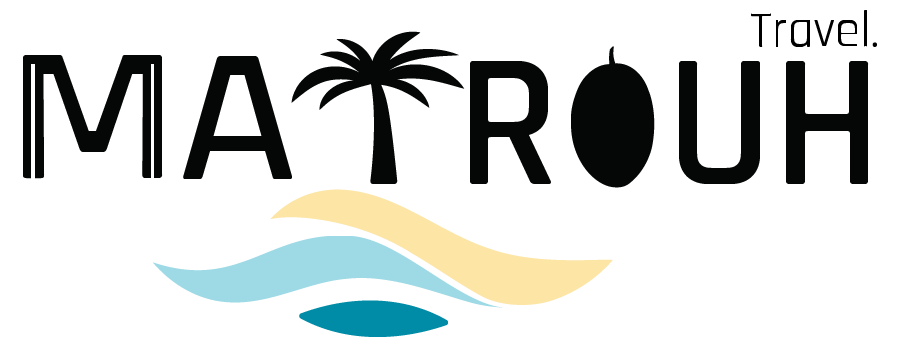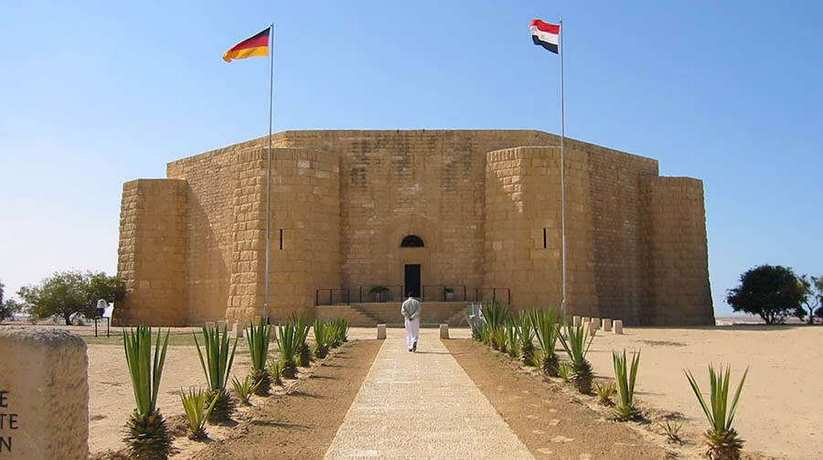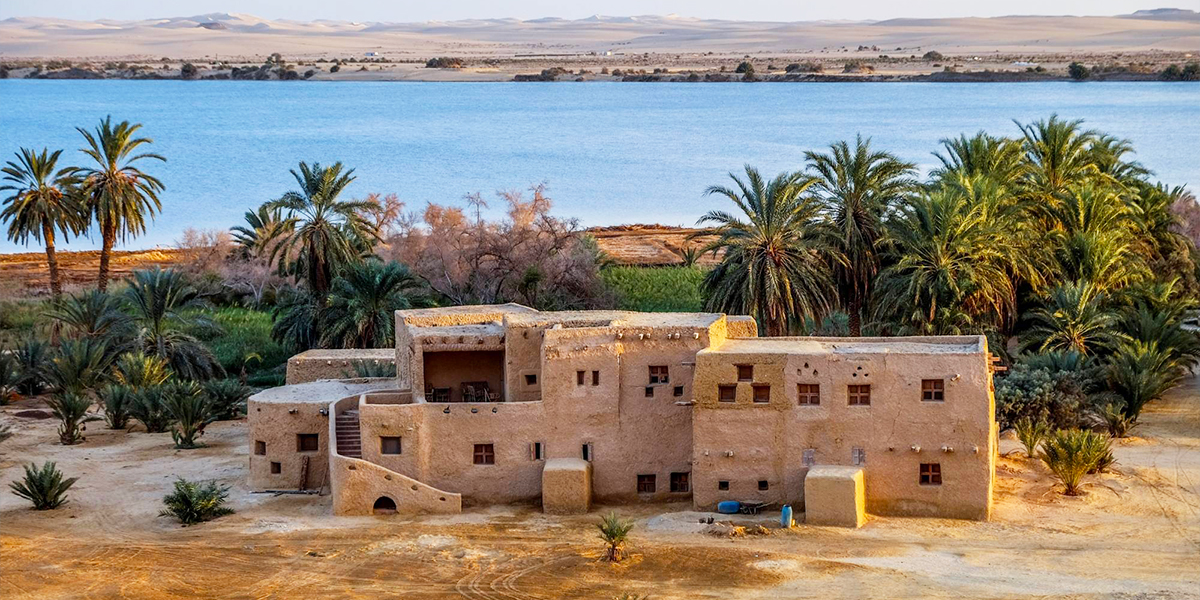
Introduction
Overview of Siwa’s Desert Gold
Nestled in the heart of the Egyptian desert, Siwa oasis is often referred to as the “Desert Gold” due to its precious dates. The lush date palm groves stand in striking contrast to the arid landscape, providing a vital source of nutrition and income for the local community. I remember my first visit, where the air was rich with the sweet aroma of ripening dates—a sensory experience that embodies the region’s charm.
Importance of Date Harvesting
Date harvesting in Siwa goes beyond mere agriculture; it’s a lifeline. Here’s why it matters:
- Economic Backbone: Dates contribute significantly to Siwa’s economy, supporting local farmers and traders.
- Cultural Treasure: Dates are not just food; they play a central role in Siwan customs and celebrations, fostering community spirit.
- Sustainability: The cultivation of date palms helps maintain the ecological balance in the desert environment.
By exploring the nuances of date harvesting, we uncover the intertwined threads of culture, economy, and sustainability that define Siwa’s essence.
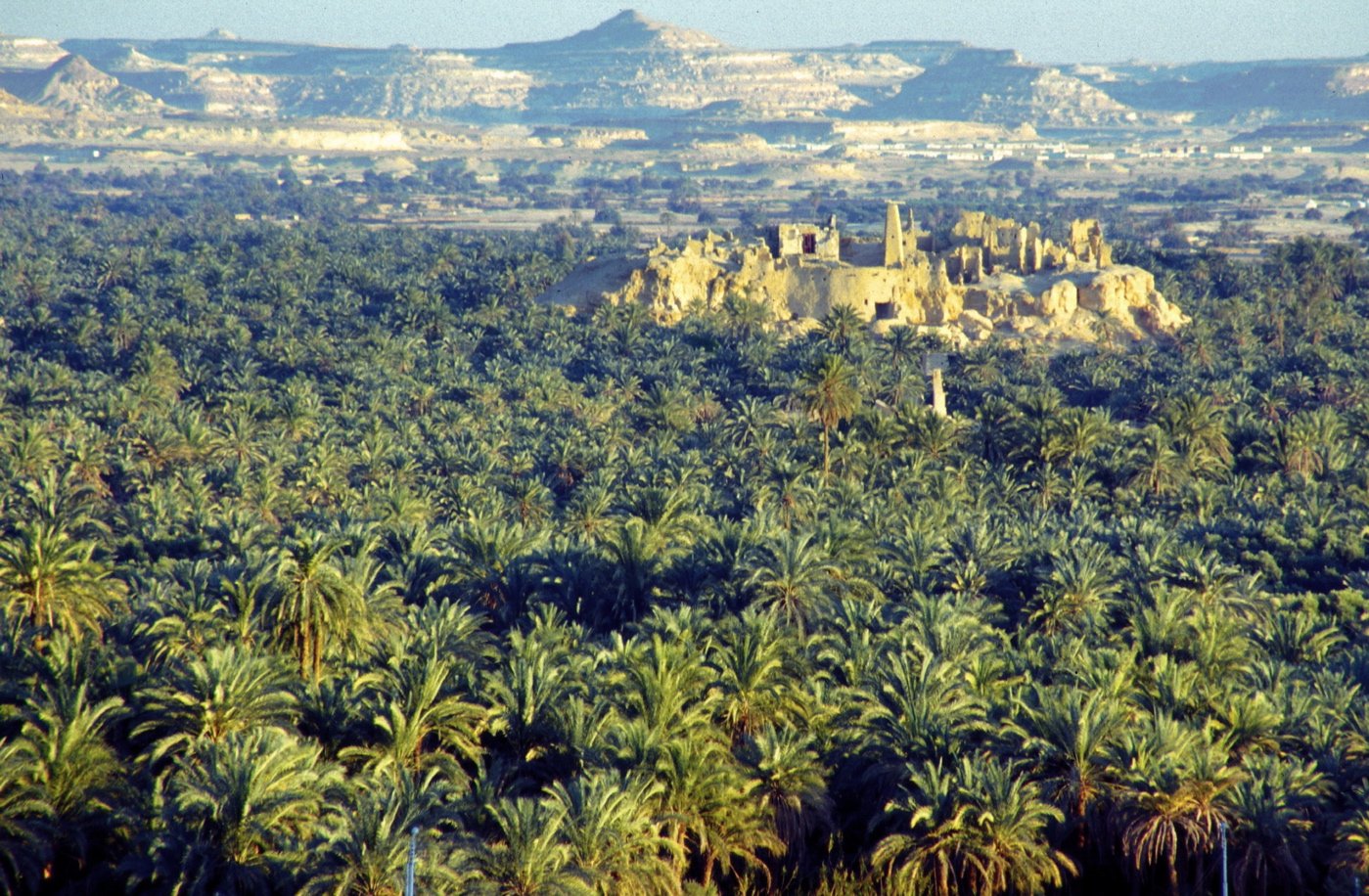
Geographic Location of Siwa
Climate and Soil Conditions
Transitioning from the cultural treasures of Siwa, let’s explore the unique geographic conditions that make date harvesting possible. Siwa is blessed with a distinct climate characterized by hot, dry summers and mild winters. The temperature can vary drastically, but it’s the plentiful sunshine and minimal rainfall that create a perfect environment for date palms to thrive.
- Temperature: In summer, temperatures can soar above 40°C (104°F).
- Rainfall: Siwa receives less than 100 mm (4 inches) of rain annually, which means the oasis relies heavily on underground springs for irrigation.
The sandy, well-draining soil enriched with minerals further enhances the cultivation of date palms, allowing them to flourish even in the harshest conditions.
Date Palm Tree Varieties
As I wandered through the verdant groves, I was fascinated to learn about the various date palm varieties that flourish in Siwa. Each variety has its unique flavor and texture that contribute to the richness of this “Desert Gold.”Here are some popular types:
- Medjool: Known for its large size and caramel-like sweetness.
- Deglet Noor: Often referred to as the “queen of dates,” it has a delicate texture and light flavor.
- Sukkari: A favorite among locals, it’s incredibly sweet and often consumed fresh.
Understanding these varieties deepens our appreciation for Siwa’s date culture and reinforces the significance of its climate and soil.

History of Date Cultivation in Siwa
Ancient Egyptian Influence
Building upon the unique climatic conditions, let’s delve into the rich history of date cultivation in Siwa. The practice of growing date palms dates back to ancient Egyptian civilization, where dates were not only a staple in the diet but also held sacred significance. During my visit to the historical sites in Siwa, I discovered that:
- Cultural Symbol: Dates were often seen as a symbol of prosperity and fertility.
- Religious Practices: They played a role in various rituals, with depictions found in hieroglyphics.
- Trade Routes: Date cultivation contributed to Siwa’s importance in ancient trade, connecting Egypt to neighboring regions.
This rich history laid the groundwork for the traditional methods still in practice today.
Traditional Date Harvesting Methods
As I continued exploring Siwa, I was enchanted by the traditional methods that have been passed down through generations. Date harvesting is a time-honored process that reflects the deep-rooted connection the locals have with their land.
- Hand-Picking: Experienced harvesters climb the tall date palms to hand-pick the ripened dates, ensuring quality and care.
- Use of Traditional Tools: Simple yet effective tools, such as ladders and woven baskets, are still used—a nod to ancestral practices.
- Seasonal Events: The harvesting period is a community affair, often celebrated with gatherings that showcase the importance of dates in local culture.
These methods not only preserve the quality of the dates but also enhance the sense of community in Siwa, intertwining past and present in the beautiful tapestry of date cultivation.
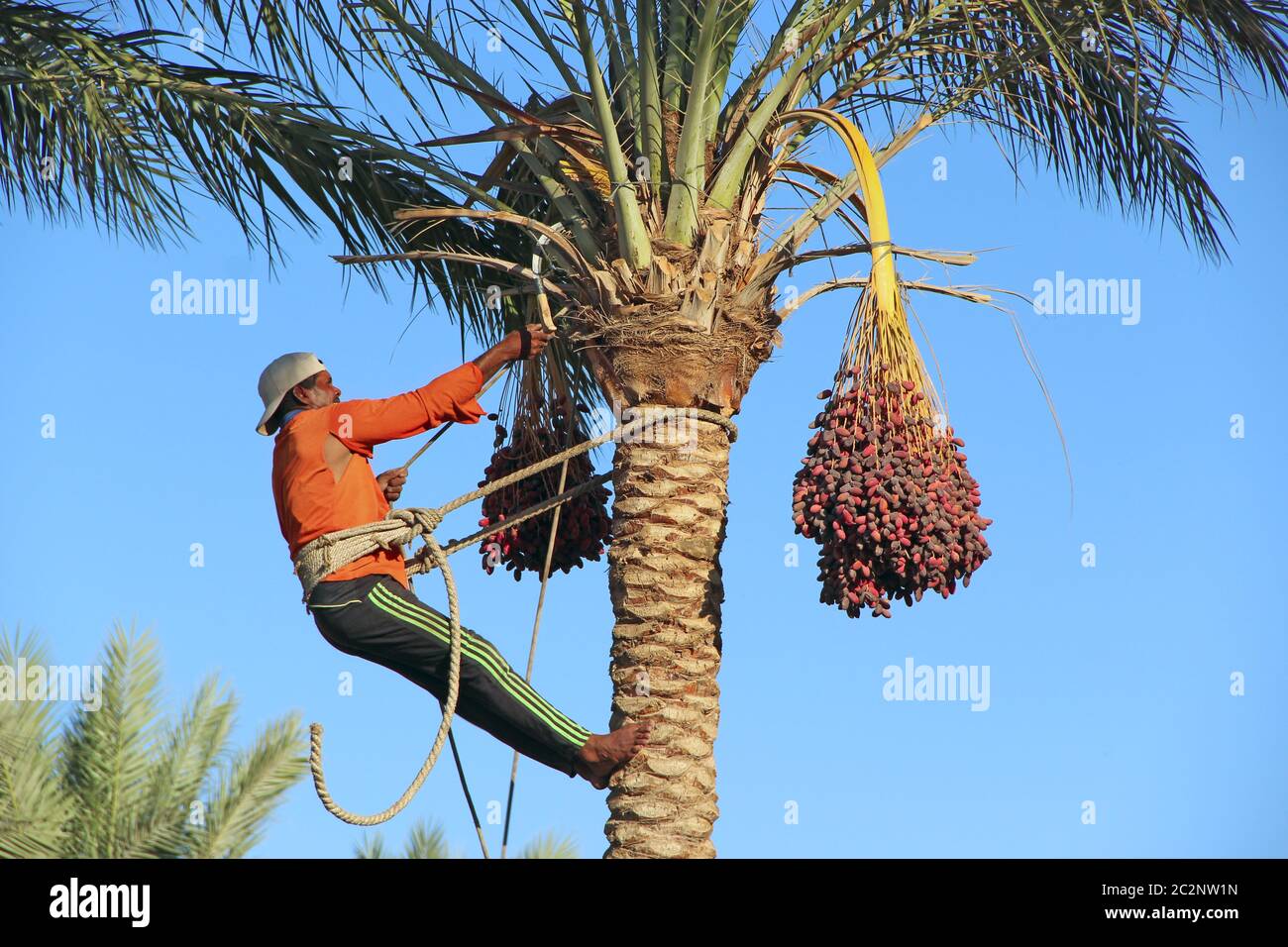
Modern Techniques in Date Harvesting
Technology and Tools
Transitioning from the traditional practices, it’s fascinating to see how modern technology is reshaping date harvesting in Siwa. The introduction of innovative tools is revolutionizing the way farmers approach this ancient practice, leading to improved efficiency and safety. During my exploration, I encountered several exciting advancements:
- Mechanical Harvesters: These machines help gather dates faster and reduce the risk of damaging the fruit.
- Drones: Farmers now use drones for aerial monitoring, allowing them to assess crop health and optimize irrigation.
- Smart Sensors: Soil and weather sensors provide real-time data, helping farmers make informed decisions about watering and fertilization.
These cutting-edge techniques not only enhance productivity but also respect the time-honored traditions of date cultivation.
Sustainable Farming Practices
As I delved deeper, I was thrilled to learn about sustainable practices gaining traction among Siwan farmers. The focus on sustainability is crucial for preserving this precious oasis while ensuring a thriving economic future.Some notable methods include:
- Organic Farming: Many farmers are shifting towards organic practices, eliminating harmful pesticides and relying on natural fertilizers.
- Water Conservation: Techniques such as drip irrigation minimize water waste, ensuring that the precious resource is used efficiently.
- Crop Rotation: This practice helps maintain soil fertility and prevents pest infestations, promoting a healthier ecosystem.
By embracing sustainability, Siwa’s date farmers not only protect their environment but also attract eco-conscious markets eager to support responsibly farmed products. This fusion of modern techniques and sustainable methods highlights the innovative spirit of the Siwan community while honoring their rich heritage.
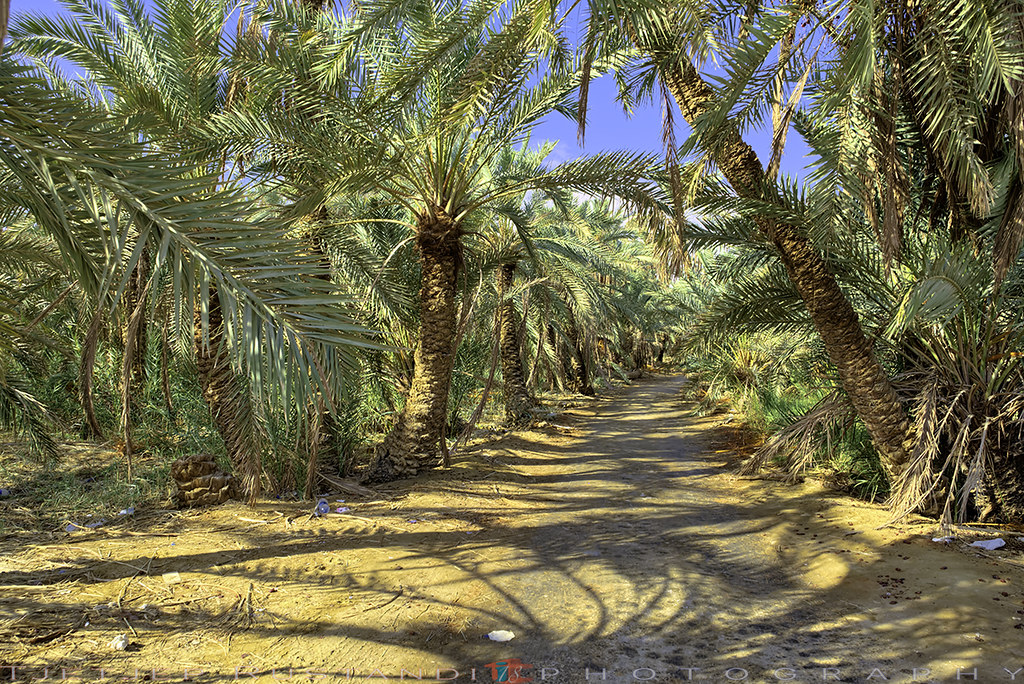
Economic Impact of Date Harvesting in Siwa
Local Economy Boost
Continuing from the sustainable practices, it’s clear that date harvesting plays a pivotal role in Siwa’s economy. The cultivation of dates doesn’t just enrich the agricultural landscape; it substantially boosts the local economy in various ways. During my journey through the oasis, I observed firsthand how vital dates are:
- Revenue Generation: Dates are among Siwa’s primary exports, driving income for many families and local businesses.
- Tourism Appeal: The unique cultural significance of dates attracts tourists, with many eager to experience the local harvesting festivals.
- Market Growth: Increasing demand for organic and specialty dates has opened new markets, making Siwa a key player in the global supply chain.
This multifaceted impact demonstrates the significance of date harvesting as an economic driver.
Employment Opportunities
As I explored more, it became evident that date harvesting is also a substantial source of employment for the Siwan community. The labor-intensive nature of this industry offers diverse job opportunities, fostering growth and stability.
- Seasonal Workers: Harvest time creates temporary jobs for community members, providing essential income during peak seasons.
- Skill Development: Workers gain valuable skills through training in modern techniques, enhancing their employability for future opportunities.
- Supporting Industries: Beyond farming, date cultivation supports related sectors such as packaging, transportation, and tourism, further amplifying job creation.
The ripple effect of employment in date harvesting enriches the community, making it a crucial pillar of Siwa’s economic resilience and growth. It’s heartwarming to see the collective effort sustaining a vibrant local economy while honoring tradition.
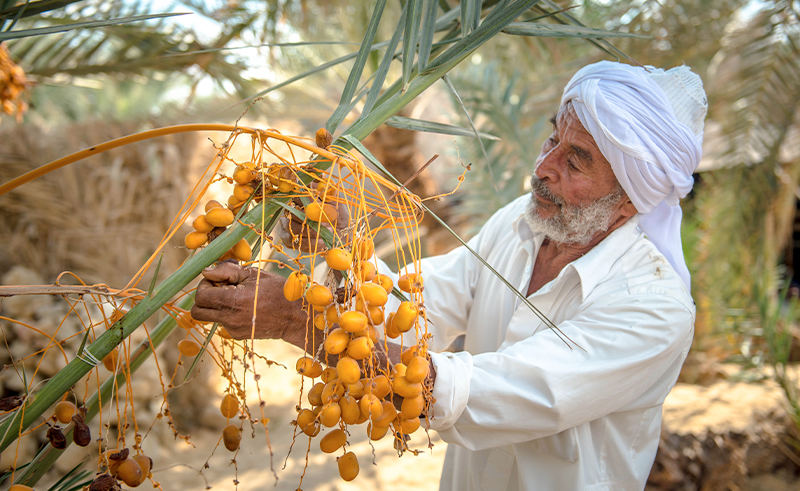
Challenges Faced by Date Harvesters in Siwa
Climate Change
As we shift focus from the economic impacts, it’s essential to acknowledge the pressing challenges that date harvesters in Siwa confront. One major hurdle is climate change, which is increasingly affecting the delicate balance of this oasis. During my discussions with local farmers, they expressed concerns about:
- Rising Temperatures: Higher summer temperatures can stress date palms, resulting in lower yields and poorer quality fruit.
- Irregular Rainfall: Shifts in precipitation patterns make it difficult to predict irrigation needs, leading to water scarcity at critical growth stages.
- Pest Proliferation: Warmer climates can lead to an increase in pests that threaten crops, requiring more resources to manage populations.
These changes pose significant risks not only to their livelihoods but also to the cultural heritage tied to date farming.
Market Competition
On top of climate challenges, the local date harvesters also face stiff market competition that complicates their efforts. As I chatted with a few growers, it was clear that navigating the market landscape can be daunting:
- Global Suppliers: International producers can offer lower prices, making it challenging for Siwa’s farmers to compete while maintaining quality.
- Quality Perception: While Siwa dates have a unique flavor, educating consumers about their benefits amidst a sea of options can be tough.
- Economic Pressures: Fluctuations in the economy can affect demand, making it essential for farmers to adapt quickly to market changes.
These challenges highlight the resilience and ingenuity of Siwan farmers as they navigate the complexities of date harvesting in a changing world. Their commitment to this cherished industry, despite the hurdles, truly inspires hope for the future of date cultivation in Siwa.
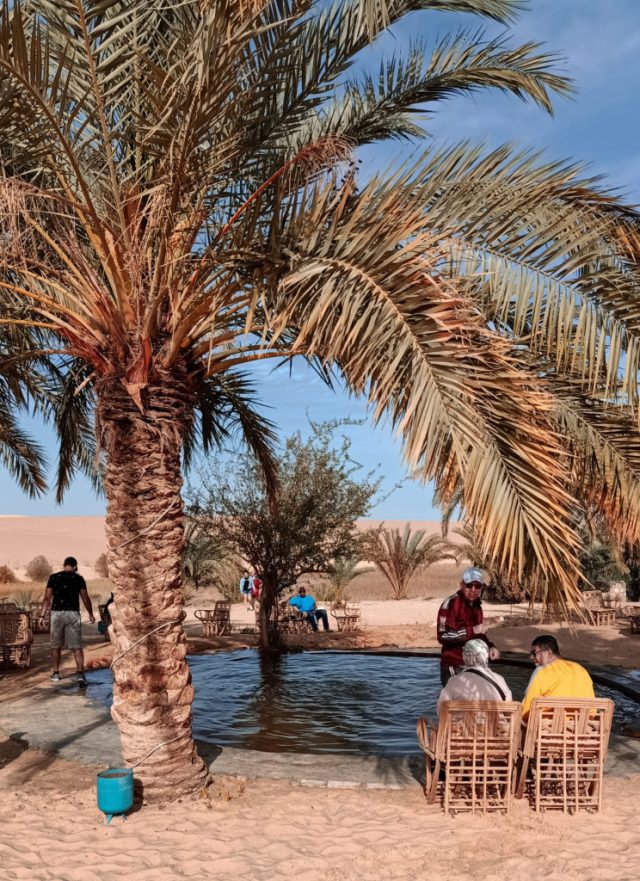
Cultural Significance of Dates in Siwa
Culinary Uses
Transitioning from the challenges faced by date harvesters, it’s heartwarming to explore the cultural significance of dates in Siwa. These sweet fruits are deeply woven into the culinary fabric of the community, enhancing various dishes and traditions. I remember enjoying a delicious meal where dates played a starring role:
- Traditional Dishes: Dates are often used in savory tagines and served as a sweet complement to grains like couscous.
- Snacking Delight: Locals enjoy dates as a quick, energizing snack, sometimes stuffed with nuts or wrapped in bacon for special occasions.
- Beverages: Delicious date juices or smoothies are popular, providing a refreshing treat that highlights the fruit’s natural sweetness.
These culinary uses are just a glimpse into the deep-rooted traditions surrounding dates in Siwa.
Traditional Celebrations
Moreover, dates are central to numerous traditional celebrations that enrich the cultural life of Siwa. During my visit, I was fortunate to witness some of these joyful occasions where dates took center stage.
- Harvest Festivals: Celebrated with music, dance, and feasting, these gatherings honor the hard work put into the date harvest and share the bounty with the community.
- Religious Events: Dates hold special significance during Ramadan, where they are used to break the fast, symbolizing nourishment and community.
- Family Gatherings: Dates often feature in gatherings, fostering togetherness as families enjoy traditional meals and share stories.
The cultural significance of dates in Siwa is undeniable, connecting the past with the present and highlighting the community’s deep appreciation for this cherished fruit. It’s a heartwarming reminder of how food brings people together, celebrating heritage, and creating lasting memories.

Touring Siwa’s Date Orchards
Visitor Experience
As I reflect on the cultural significance of dates in Siwa, I can’t help but share the enchanting experience of touring the date orchards. This journey is a feast for the senses, allowing visitors to connect with the land and its rich traditions. During my tour, I was delighted by:
- Guided Walks: Knowledgeable local guides share fascinating stories about date cultivation and the varieties grown, making each step educational.
- Tastings: Sampling fresh dates right from the trees was a highlight, with unique flavors and textures that vary from one palm to another.
- Cultural Immersion: Participating in traditional harvesting methods offered a hands-on experience, deepening my appreciation for the farmers’ dedication.
These tours not only celebrate the agricultural heritage but create unforgettable memories.
Eco-Tourism Initiatives
Furthermore, Siwa is embracing eco-tourism initiatives that prioritize sustainability while highlighting the region’s natural beauty. Engaging in these responsible tourism practices allows visitors to explore while ensuring the preservation of the environment. Some noteworthy initiatives include:
- Sustainable Practices: Tours focus on organic farming, educating guests about eco-friendly cultivation methods and the importance of biodiversity.
- Community Involvement: Many tours support local farmers, ensuring that the economic benefits of tourism reach the community directly.
- Nature Conservation: Programs promoting wildlife protection and natural habitat restoration create a harmonious experience between tourism and the surrounding ecosystem.
By participating in these eco-tourism efforts, I felt a sense of connection not just to the land and its produce, but also to the community striving to protect its heritage. Touring Siwa’s date orchards is truly a harmonious blend of adventure, education, and sustainability, making it a must-visit destination for anyone looking to experience the magic of this oasis.
Nutritional Benefits of Siwa Dates
Health Properties
Continuing from the vibrant tours of Siwa’s date orchards, it’s essential to celebrate the incredible nutritional benefits of Siwa dates. These little gems pack a powerful punch when it comes to health and wellness, which I discovered during my time in the oasis.Here are some key benefits:
- Rich in Nutrients: Dates are high in essential vitamins and minerals, including potassium, magnesium, and vitamin B6, which are crucial for overall health.
- Natural Energy Boost: The natural sugars in dates, such as glucose and fructose, provide a quick energy source—perfect for power hikes through the oasis!
- Digestive Health: With their high fiber content, dates aid in digestion and promote a healthy gut.
I felt invigorated after snacking on them throughout my adventures, a delicious way to stay fueled.
Culinary Innovation
Furthermore, the versatility of dates in the kitchen opens doors to culinary innovation. While they have traditional uses, I was thrilled to see how chefs are creatively incorporating Siwa dates into modern dishes, adding both flavor and nutritional value.Some exciting culinary innovations include:
- Date Smoothies: Blending dates into smoothies creates a natural sweetness without added sugars, enhancing the health benefits.
- Savory Sauces: Chefs are experimenting with date purée to create rich and unique sauces for meats and vegetarian dishes.
- Desserts: Dates are frequently used in desserts, such as energy balls or raw bars, making for a guilt-free treat that still satisfies a sweet tooth.
These creative uses demonstrate that Siwa dates are not just a snack—they’re a treasure trove of flavor that can elevate any meal. The health properties and culinary innovations of Siwa dates truly make them a must-have in any kitchen, celebrating both tradition and creativity in the culinary world.

The Future of Date Harvesting in Siwa
Sustainability Initiatives
As I find myself reflecting on the delicious flavors of Siwa’s dates and their remarkable nutritional benefits, it’s exciting to think about the future of date harvesting in this enchanting oasis. Sustainability initiatives are becoming increasingly vital for protecting Siwa’s rich agricultural heritage while ensuring the environment remains intact.Some key initiatives include:
- Water Management Strategies: Farmers are adopting advanced irrigation techniques, such as drip irrigation, to conserve water while providing optimal nourishment for date palms.
- Organic Farming Practices: There’s a growing movement towards organic cultivation, minimizing chemical inputs and enhancing soil health.
- Community Education: Local organizations are focused on training and educating farmers about sustainable methods, ensuring long-term viability and resilience of date harvesting.
These initiatives signal a commitment to preserving the land while securing a future for generations to come.
Potential Growth Opportunities
Moreover, there are immense growth opportunities on the horizon for Siwa’s date industry. During my conversations with local entrepreneurs, it was evident that innovation and market expansion could lead to exciting possibilities.Here’s what I uncovered:
- Export Markets: There is increasing demand for high-quality organic dates in international markets, creating opportunities for local farmers to expand their reach.
- Value-Added Products: Entrepreneurs are already experimenting with date-based products like jams, syrups, and energy bars, providing diversification and new revenue streams.
- Tourism Expansion: By enhancing eco-tourism efforts, Siwa can attract more visitors eager to explore date harvesting, enriching the local economy further.
These growth opportunities, paired with sustainability efforts, underline a hopeful future for date harvesting in Siwa, strengthening its cultural and economic importance. Siwa’s date harvesting embodies a beautiful blend of tradition and innovation, ensuring that the legacy of this precious fruit continues to thrive.
